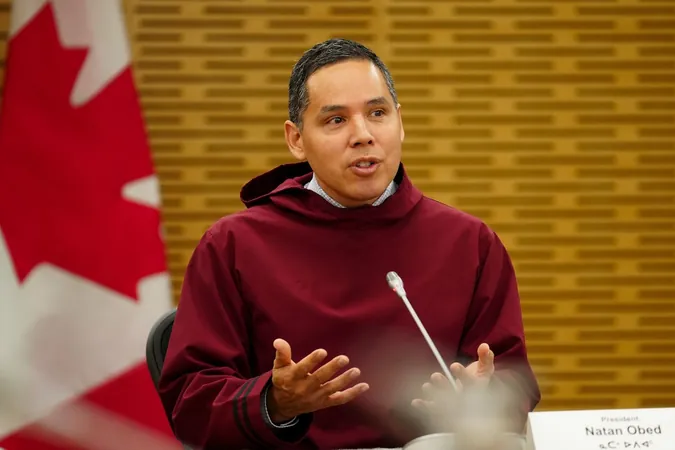
Controversial $74 Million Federal Funding for Self-Identified Indigenous Group Raises Alarms Among Inuit Leaders
2024-10-07
Author: Emma
Controversial Funding Raises Identity Concerns
In a contentious debate swirling around identity and Indigenous rights in Canada, the NunatuKavut Community Council has received a staggering $74 million in federal funding for Indigenous programs. However, this group's claims to Inuit identity have been consistently dismissed by established Indigenous organizations across the country, prompting national Inuit leaders to sound the alarm over what they see as a potential erosion of Indigenous rights.
Concerns Raised by Inuit Leadership
Natan Obed, president of Inuit Tapiriit Kanatami, which represents approximately 70,000 Inuit across Canada, voiced serious concerns in a letter to Prime Minister Justin Trudeau more than a year ago. He urged the government to reconsider the criteria allowing the NunatuKavut Community Council to receive these federal grants based solely on a "self-declaration of Inuit identity." To date, he has received no response.
Obed described the ongoing discourse as crucial for the future of Canada. He articulated fears that if the country does not revert to established rights-holding First Nations, Inuit, and Métis governments, it risks another wave of dispossession where non-Indigenous individuals could claim Indigenous identity and rights at the expense of those who genuinely belong to these communities.
Funding Overview and Recent Developments
Since 2010, NunatuKavut has garnered nearly $74 million from various federal programs, including over $20.4 million in grants referred to as “Aboriginal recipient” funding. Most notably, in August, they received $161,108 from Environment and Climate Change Canada aimed at conservation efforts for species at risk.
The controversy has garnered political attention, with Nunavut NDP MP Lori Idlout weighing in on social media, asserting that “NunatuKavut is not Indigenous.” In a development signaling a new chapter in this dispute, the council recently received a "special allocation" allowing its members to fish in Newfoundland and Labrador's northern cod fishery.
Official Responses and Legitimacy Questions
Fisheries and Oceans Canada insists it maintains a “well-established relationship” with the NunatuKavut Council, acknowledging its status as an Indigenous organization. Nonetheless, the council's legitimacy is questioned by the Nunatsiavut government, a recognized Inuit collective, and various local factions.
Representing about 6,000 self-identifying Inuit in southern and central Labrador, the NunatuKavut Community Council historically operated under different identities, including the Labrador Metis Nation. Interestingly, until February, they offered "alliance" memberships that extended benefits to individuals who identified with Aboriginal culture but did not meet full membership criteria. This practice raised concerns and was ultimately discontinued to avoid further confusion during negotiations with the federal government.
Diverging Perspectives on Identity
Todd Russell, president of the NunatuKavut Community Council, contends that their group has historically represented Indigenous people who lacked advocacy elsewhere in Labrador. He describes it as “lunacy” to oppose federal recognition and funding for their council and emphasizes the necessity of providing support to communities in need.
Obed opposes the notion that a group can typically invoke Métis identity and subsequently redefine itself as Inuit, asserting that such claims threaten the integrity of Indigenous governance. Russell, however, counters by stating that the legitimacy of Inuit identity cannot be dictated by outsiders.
Criticism and Legal Context
Critics from the Métis National Council have echoed Obed’s sentiment, referring to the NunatuKavut Community Council's claims as "fraudulent." The council previously highlighted a 2019 memorandum of understanding with the federal government that purportedly recognized them as an Indigenous collective with rights under Section 35 of the Constitution. However, a recent Federal Court ruling indicated that this agreement does not confer any recognized legal rights.
The Department of Crown-Indigenous Relations acknowledged the agreement's purpose as aiming to address outstanding questions about NunatuKavut’s rights. However, officials clarified that no substantive negotiations have taken place with the group regarding their constitutional rights.
Ongoing Concerns About Misidentification
Amidst this backdrop, Obed remains troubled that a cautious federal government may avoid making definitive judgments on who qualifies as Indigenous, ultimately perpetuating a cycle of misidentification. He described this phenomenon as a form of modern colonization, where non-Indigenous Canadians could claim Indigenous identity at the expense of those truly belonging to these communities.
Speculations and Future Implications
Adding to the complexity of these discussions, Russell’s previous tenure as a Liberal MP from 2005 to 2011 has led some to speculate on the government's ability to manage this sensitive issue in good faith. Russell, however, rebuffed these allegations, asserting that Obed maintains a strong and constructive relationship with Ottawa.
As this significant dialogue continues, it raises pressing questions about identity, funding, and the future rights of Indigenous Peoples across the nation. The controversy is far from resolved, and its implications could shape the landscape of Indigenous identity politics in Canada for years to come.

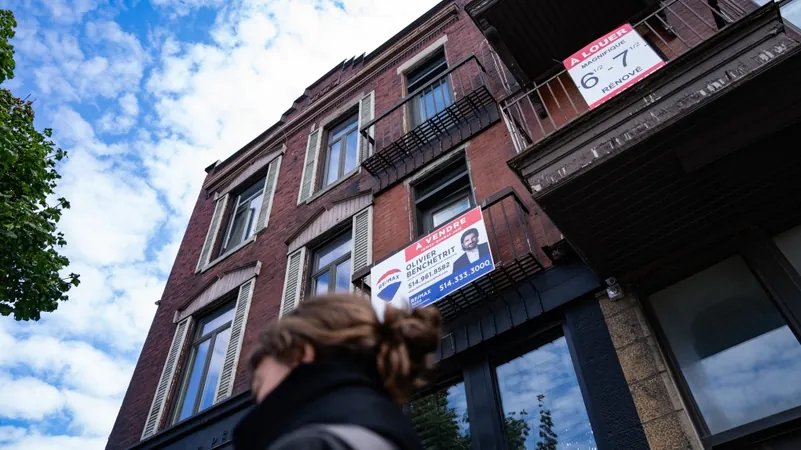

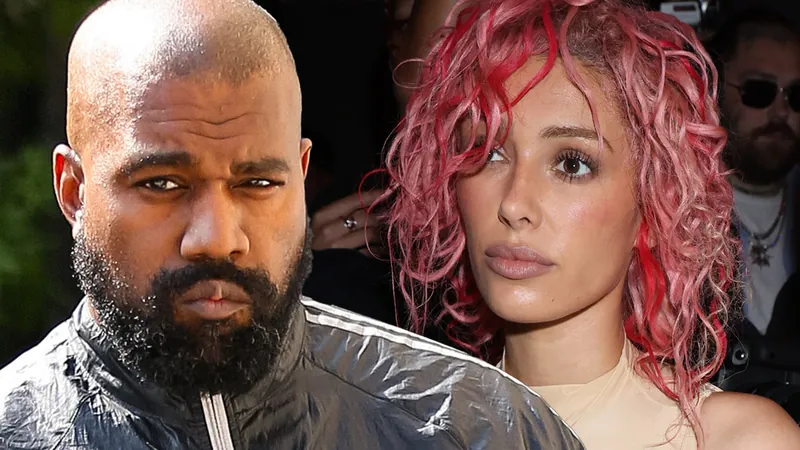
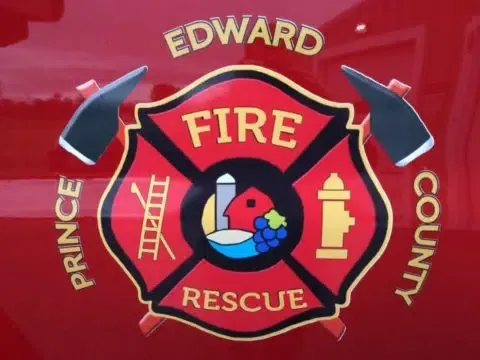

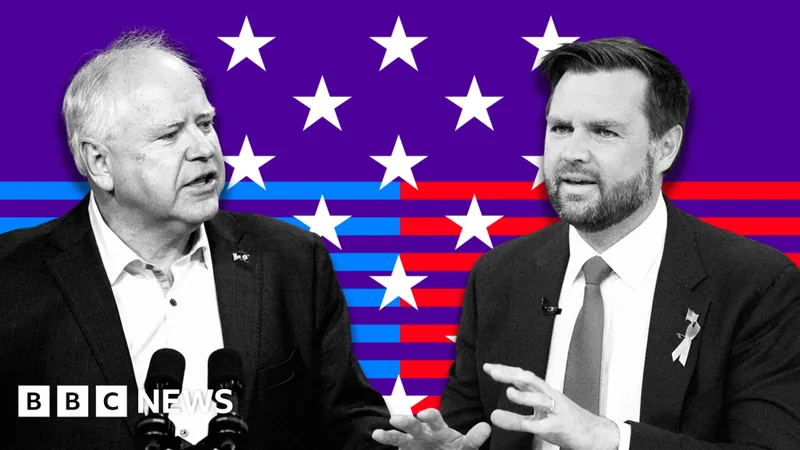


 Brasil (PT)
Brasil (PT)
 Canada (EN)
Canada (EN)
 Chile (ES)
Chile (ES)
 España (ES)
España (ES)
 France (FR)
France (FR)
 Hong Kong (EN)
Hong Kong (EN)
 Italia (IT)
Italia (IT)
 日本 (JA)
日本 (JA)
 Magyarország (HU)
Magyarország (HU)
 Norge (NO)
Norge (NO)
 Polska (PL)
Polska (PL)
 Schweiz (DE)
Schweiz (DE)
 Singapore (EN)
Singapore (EN)
 Sverige (SV)
Sverige (SV)
 Suomi (FI)
Suomi (FI)
 Türkiye (TR)
Türkiye (TR)